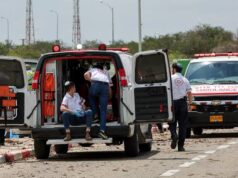Will Australians be able to travel again once a coronavirus vaccine is available?
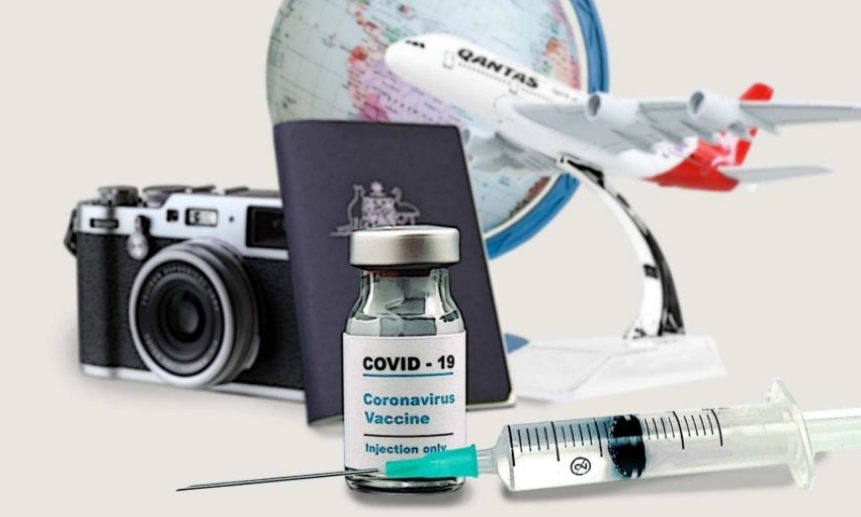
By
Tasha Wibawa
Certain vaccinations had already been required for travel before the coronavirus pandemic.
The news of two potential COVID-19 vaccines showing promising results in late stage trials has been welcomed by many, including those itching to start travelling or return home.
Earlier this month, the Federal Government released Australia’s vaccination policy, which said that while vaccinations will not be mandatory, a proof of vaccination may be required for people entering or returning to the country.
It was the first time the Government had given a firm indication of what future international travel might look like.
Further details of international travel requirements are still emerging, but experts have given some insight into what we might expect when those overseas journeys become possible again.
It’s been done many times before
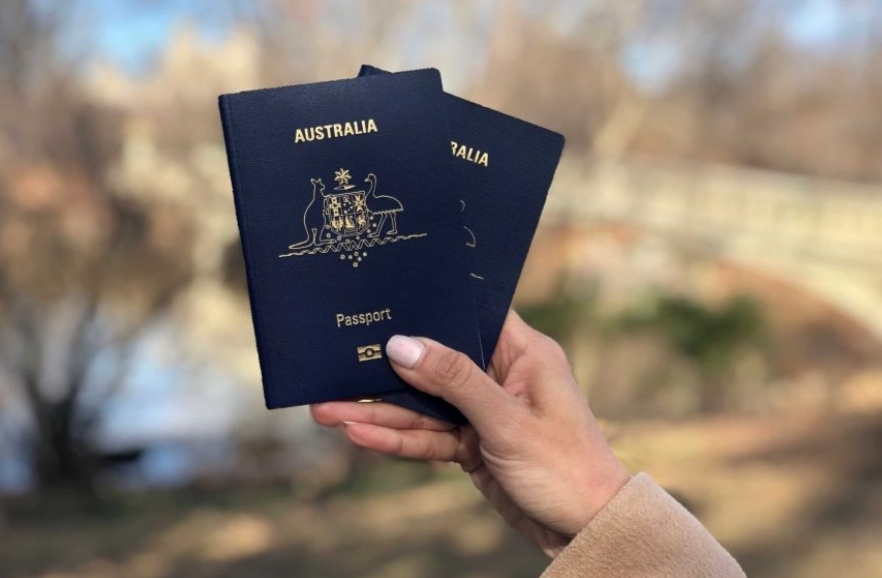
Australian travellers returning from a yellow fever-risk country are already required to have a proof of vaccination.
Certain vaccinations had already been required for travel before the coronavirus pandemic, depending on the passenger’s origin or destination.
For example, travellers must have an international certificate of vaccination or prophylaxis (ICVP) to enter countries that have mandated a yellow fever vaccination, or to leave places with a high risk of polio.
In Australia, travellers returning from a country where yellow fever is a risk — including places in Africa, South America and Central America — are required to have a valid ICVP.
How are COVID-19 vaccines almost ready so quickly?
Epidemiologist Raina MacIntyre, from the Kirby Institute at the University of New South Wales, said she believed a proof of vaccination for COVID-19 “will become a requirement” for future travel.
“Some countries which cannot vaccinate everyone will remain as COVID-19 hotspots into the future, and this is why vaccination will be a prerequisite for travel … much in the way that yellow fever vaccination is required,” she told the ABC.
However, viral diseases such as the mosquito-borne yellow fever and Japanese encephalitis are bound to geographical locations, whereas COVID-19 is not.
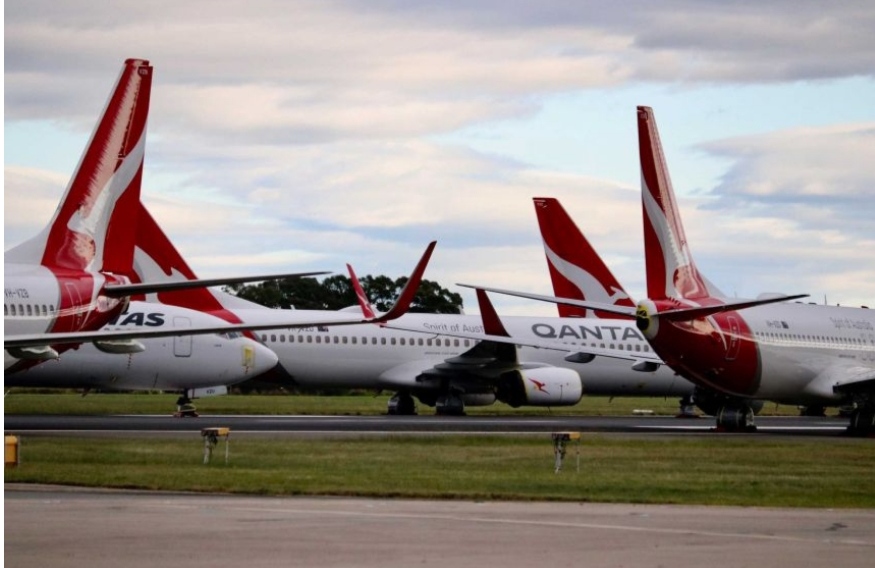
Some experts believe proof of COVID-19 vaccination will be a requirement for travel in the future.
Paul Griffin, an infectious diseases physician and microbiologist at the University of Queensland, said allowing international travel would likely have the potential to invite COVID-19 cases into the country, despite the availability of a vaccine.
“COVID-19 at the moment is so ubiquitous,” he said.
“If we were to allow for international travel and were to get vaccinated, basically, any internal mitigation strategies will be completely overrun by COVID cases.”
He said it made sense to protect people who were travelling through vaccinations, but it cannot be the only method of mitigation to ensure the disease doesn’t continue to spread.
Not all nations can wait on a vaccine

Jordan (left) and Julia Erisman feel safe during their overseas honeymoon due to the extra safety measures required to travel.
Nations heavily reliant on tourism and migration have seen an influx of cases since opening up their borders to travellers — the island of Tahiti in French Polynesia is one of them.
Its economy faced a financial crisis during the pandemic and that prompted the Government to open its borders to international tourists in July.
Within a month, it had recorded 70 new cases of COVID-19, with bars and restaurants visited by tourists identified as hotspots for transmission, but the French territory continued to encourage people to visit.
American couple, Julia Erisman and her husband Jordan, told the ABC they were able to make their honeymoon in Bora Bora last week due to the extra safety measures put in place by the French Polynesian Government.
The precautions included a negative COVID-19 test result prior to travelling, and then another test four days after arriving.
“The fact that everyone has to test negative for COVID-19 to even be allowed into French Polynesia is very reassuring,” she said.
“We feel safer here than back at home.”
What are other nations doing to allow ‘safe’ international arrivals?
Australia isn’t the first country to consider accepting international arrivals from ‘safe’ countries — Denmark and the UK have already established travel corridors with other countries with lower coronavirus cases.
In Singapore, Transport Minister Ong Ye Kung said the country “can’t afford to wait around” for a vaccine, according to local media reports.
The island nation has no prospect for domestic air travel and its partially state-owned aviation industry has been struggling.
From November 22, Singapore will allow quarantine-free travel between Hong Kong, but arrivals will be required to take a COVID-19 test and provide a negative test result 72 hours before departure.
Visitors will also have to download the country’s contact tracing app.
Singapore has opened its borders to tourists from certain countries including Australia, New Zealand, Brunei, mainland China and Vietnam.
Besides Australia, other nations with closed borders to tourists include Vietnam, Chile and Fiji.
Vaccine not a silver bullet to open up travel
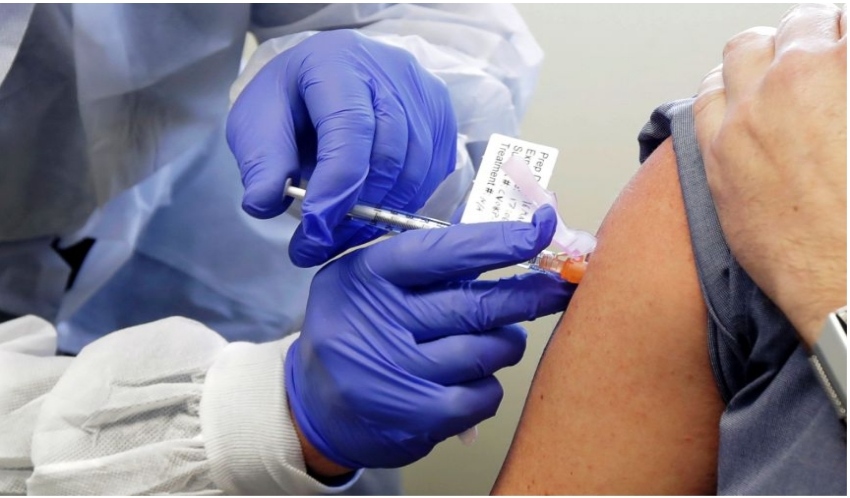
Experts say there are still many factors up in the air before we know when we can travel again. While there are a number of promising vaccination candidates, they are yet to be approved, Dr Griffin said.
“We’ll need that information before we can say exactly how it’s going to be implemented and what sort of restrictions will be tied to that,” he said.
“And it’s not going to be the sole solution, it’s going to need concurrent mitigation strategies, even simple things like masks where people can’t socially distance.”
Dr Griffin said there also needed to be sufficient vaccine coverage in a traveller’s country of origin and at their destinations before things can begin to open up.
“It’s going to take a long time to get from rolling out a vaccine … to getting to the stage where the coverage is sufficient that the risk is diminished,” he said.
There are also no guarantees the broader population will be receptive to being vaccinated for COVID-19, which can further hinder progress towards reopening or accepting foreign visitors.
In August, Deputy Chief Medical Officer Nick Coatsworth said those who refused vaccination would need “some sort of incentive”.
Hassan Vally, associate professor at the Department of Public Health at La Trobe University, told the ABC there were also other factors to consider, including how much protection a vaccine can offer.
“We still don’t know how long immunity lasts and so regardless of whether you’ve had a natural infection or whether you’ve been vaccinated, we’re unsure as to how long that offers protection for,” he said.
“There’s quite a few variables there and a few issues to work through. There’s a lot that still has to go right between now and when [we can start travelling again].”


